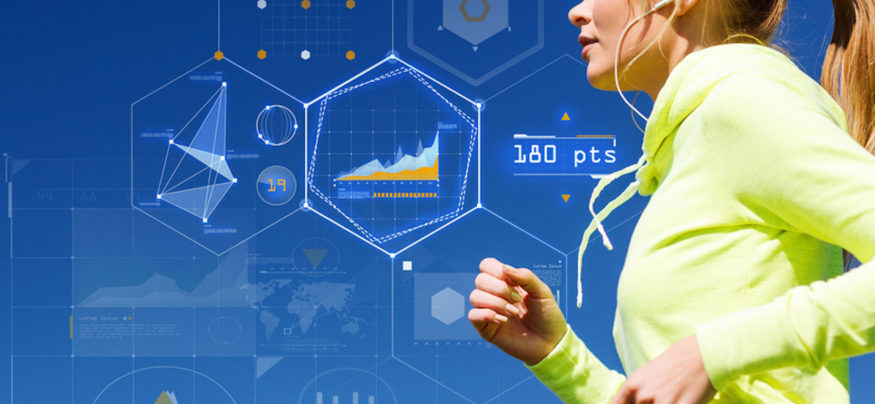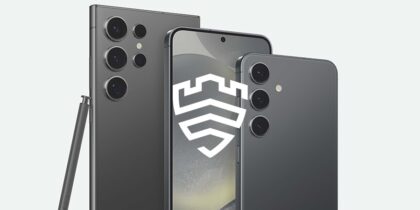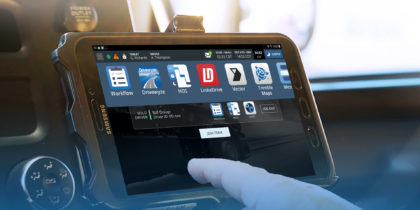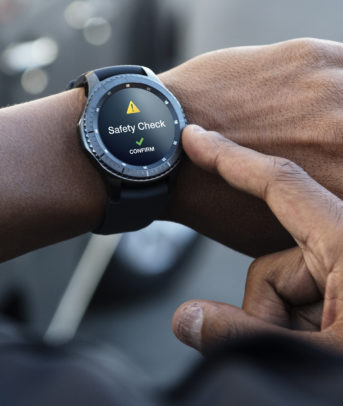From augmented reality (AR) glasses to virtual reality (VR) headsets and custom wearable devices, athletes preparing for the 31st Olympic Games in Rio de Janeiro are relying on sport technology more than ever before to help them produce the performances that will win them that gold medal.
The margins between winning an Olympic medal and just missing out are constantly shrinking, as athletes from all corners of the globe optimize diet, fitness regimes and training schedules to peak every four years.
In order to gain an advantage over their rivals, teams are now turning to sport technology, with athletes and coaches utilizing many technology trends seen outside the world of professional sports.
Wearables
Wearable technology has been a huge tech trend in recent years, and professional athletes are now looking to harness the power of these technologies to improve performance. Having missed out by the narrowest of margins on the opportunity to go to the 2012 Olympics in London, U.S. boxer Tommy Duquette decided to create a wearable device that would let boxers know exactly what they’re doing right and wrong.
Currently being trialed by the U.S. Olympic boxing team, Hykso is a tiny sensor worn under boxers’ gloves that gives them and their trainers huge amounts of data on the speed, number and type of punches thrown.
Mounir Zok, director of technology and innovation at the U.S. Olympic Committee, believes this kind of technology is key to improving performance. “This Olympic Games will be the first wearable technology games. We’ve reached the stage where athletes can use it without interfering with their activity,” Zok told Wareable.
While athletes of all types utilize fitness trackers like Samsung’s Gear Fit, Olympic athletes use specialized devices, such as the waterproof wearables the U.S. Olympic diving team uses to assess jump height and time to first spin.
Virtual and Augmented Reality
AR is in the news at the moment as a result of the Pokemon Go phenomenon, and just like this technology’s ability to transform the business world, it’s also revolutionizing the world of sport.
The U.S. Olympic cycling team is now using specially designed AR glasses that project a tiny image onto the lenses, giving cyclists a heads-up view of real-time information about their speed, power, distance, cadence and heart rate — beamed directly from their bikes.
Going one step further is Gwen Jorgensen, the world triathlon series champion, who has been preparing for the course in Rio by using a Samsung Gear VR headset to learn every bump and turn along the cycling route in Rio. “Wherever I am traveling in the world,” Jorgensen told Popular Science, “I can put on the goggles and look at this course — look left, look behind me, look right — and see every little nuance.”
VR is also having a huge impact in the entertainment world, allowing fans to immerse themselves in live events they’re unable to attend in person.







